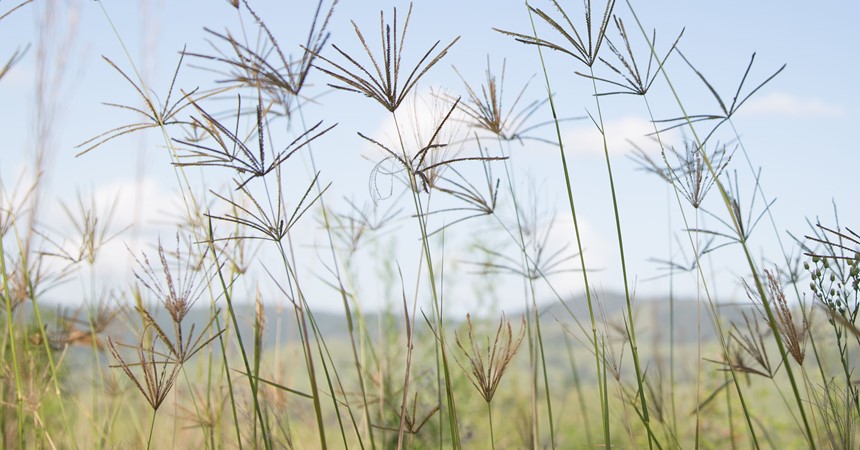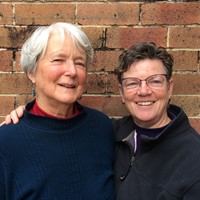Formally known as the Religious Society of Friends, Quakers understand ministry as a function rather than a person. Hence there is no set order of service or ordained minister. We sit silently in a circle reflecting our equal responsibility for the conduct of the meeting, waiting expectantly for the divine presence within and amongst us. Sometimes a Friend may be moved to speak but otherwise silence is maintained for the hour of worship.
Some find traditional Christian language full of meaning, some do not. You might hear Friends speak of being led by the Inward Light, for example, and our understanding of the Quaker tradition can be enhanced by insights from other faiths. You will not find theological orthodoxy amongst the Religious Society of Friends. We do believe that there is that of God in everyone, but we accept that people understand God in their own way and from their own experience.
There is a number of traditions or “testimonies” that Friends try to live by: Equality, Integrity, Social Justice and Peace, as well as Simplicity, Environment and Community. These testimonies reflect the corporate beliefs of the Society.
Equality To avoid participation in classism, early Quakers dressed plainly and addressed everyone in the familiar “thee” and “thou”. Men refused to take off their hats or bow to those in authority. As a result we were in trouble a lot, and much Quaker involvement in prison reform came from the experience of so many Quakers spending time in gaol. Women and men have always held an equal place in Quaker organisation, and Quakers were leaders in abolishing slavery. Quakers have a long history of resisting racism and corrupted power.
Integrity Early Friends did well in trades because they were honest in their dealings, unlike many of their contemporaries. We do not take oaths; rather we affirm that we are telling the truth, as always.
Simplicity Living simply is another expression of integrity and equality. We understand the need to share resources as part of our testimony to peace and social justice. We are asked to “…search out whatever in your own way of life may contain the seeds of war”.
Peace and social justice Quakers have been advocates of peace from our early beginnings, refusing to participate in war, providing relief for all victims of war regardless which side of the conflict, supporting refugees, and helping rebuild lives and infrastructure in the aftermath of war. As 17th century Quaker, William Penn, said, “Peace can only be secured by justice; never by force of arms.” The work for peace is inseparable from the work for social justice. This is perhaps the most visible aspect of modern Quakerism.
Environment We have a growing concern for our environment. This is a spiritual as well as practical testimony. We join with our Indigenous friends in sensing connectedness with the spirit of the land, and this connection motivates strong action. Many local Quakers are involved in community gardening, land care, bush regeneration, opposition to fossil fuels and the encouragement of renewable energy.
Community The challenge of taking a firm stand in opposition to corrupt power, social injustice, racism and ecological destruction is more than most can bear alone. Quakers rely on one another and also band with others working in these areas. We also share our search for spiritual experience which guides our actions.
In celebration of the International Day of Peace, the Hunter Valley Friends Meeting will be hosting an exhibition of Quaker peace activities at the Adamstown Uniting Church from 21 September to 1 October. Quakers refused to carry arms in World War I. Many were thrown into prison while some served as conscientious objectors in the Friends Ambulance Unit on the front line in France. Quaker relief work after World War II (which included feeding German children) won them the 1947 Nobel Peace Prize. A young Quaker was quoted in the award ceremony speech, saying, “We weren't sent out to make converts. We've come… to build up in a spirit of love what has been destroyed in a spirit of hatred… Religion means very little until it is translated into positive action.”
Quakers were granted consultative status at the United Nations in 1948 and have offices in Geneva and New York where we work in peacebuilding, climate change, food sustainability, human rights and refugees. Quaker Service Australia (QSA), established in 1959, supports community-based, ecologically sustainable development overseas and in Indigenous Australia. Individual Quakers in Australia led international negotiations banning land mines (1996) and were amongst those serving as human shields in Iraq in 2003. We’ve been at this a long time.
We welcome visitors to attend our meeting for worship held in Kotara at the Grinsell Street Uniting Church, Sundays 11am-noon. You can learn more about Quakers here. Newcastle Friends can be contacted by email.




























































































